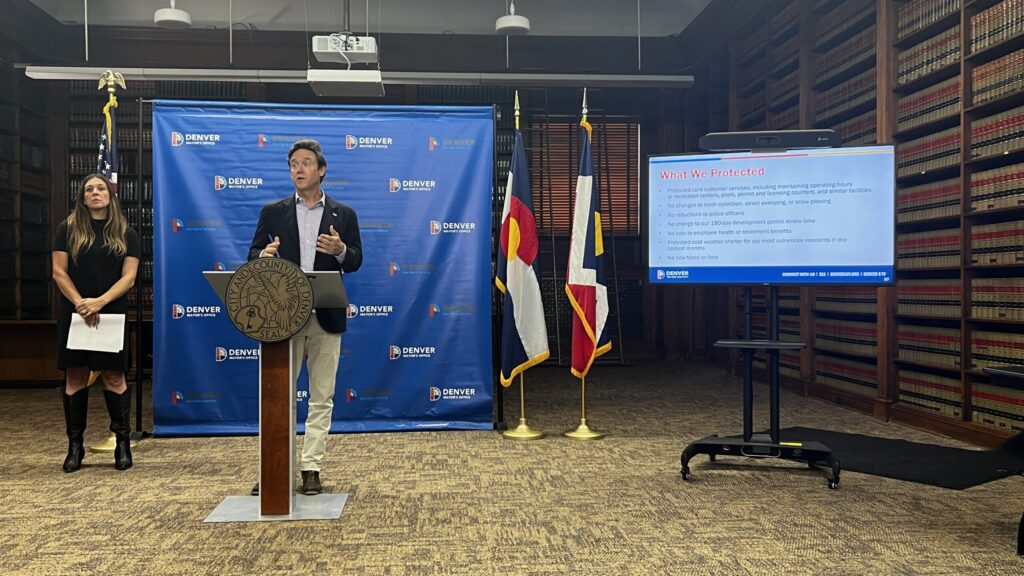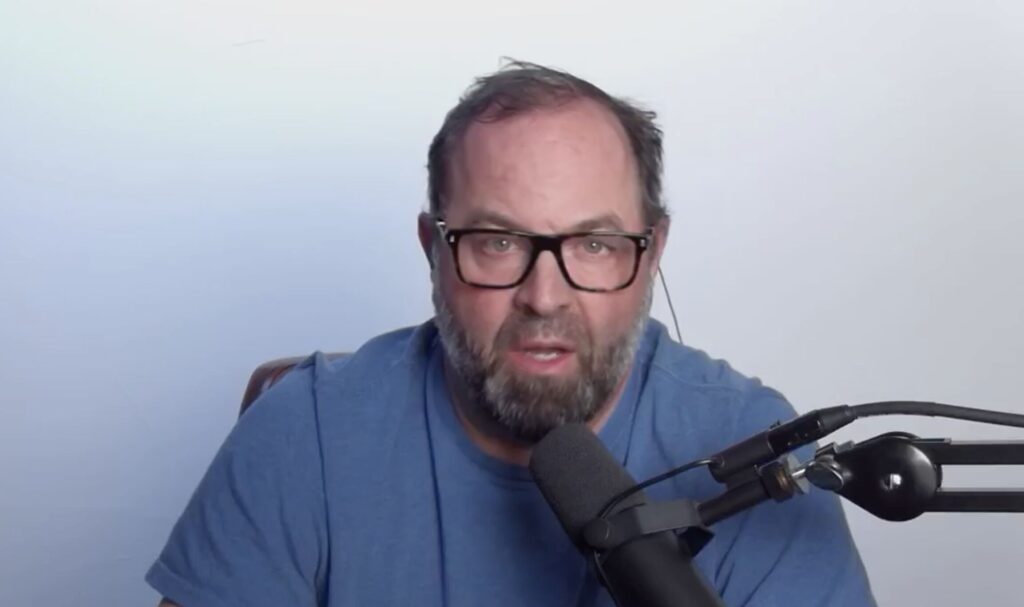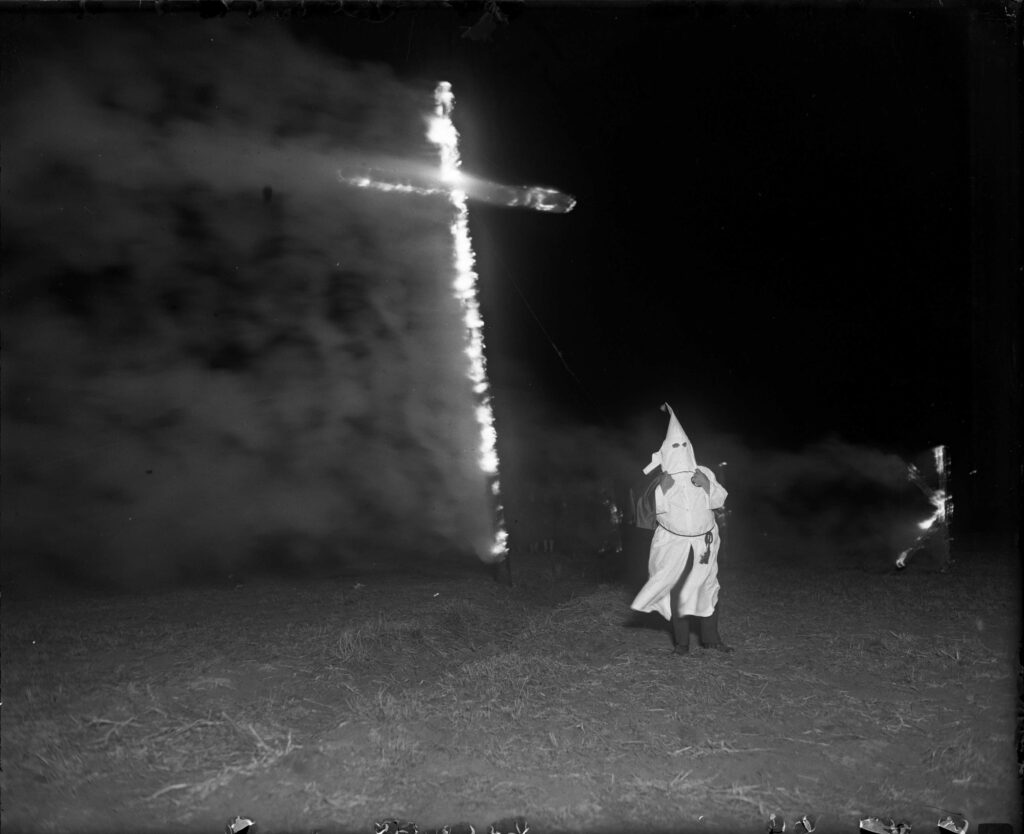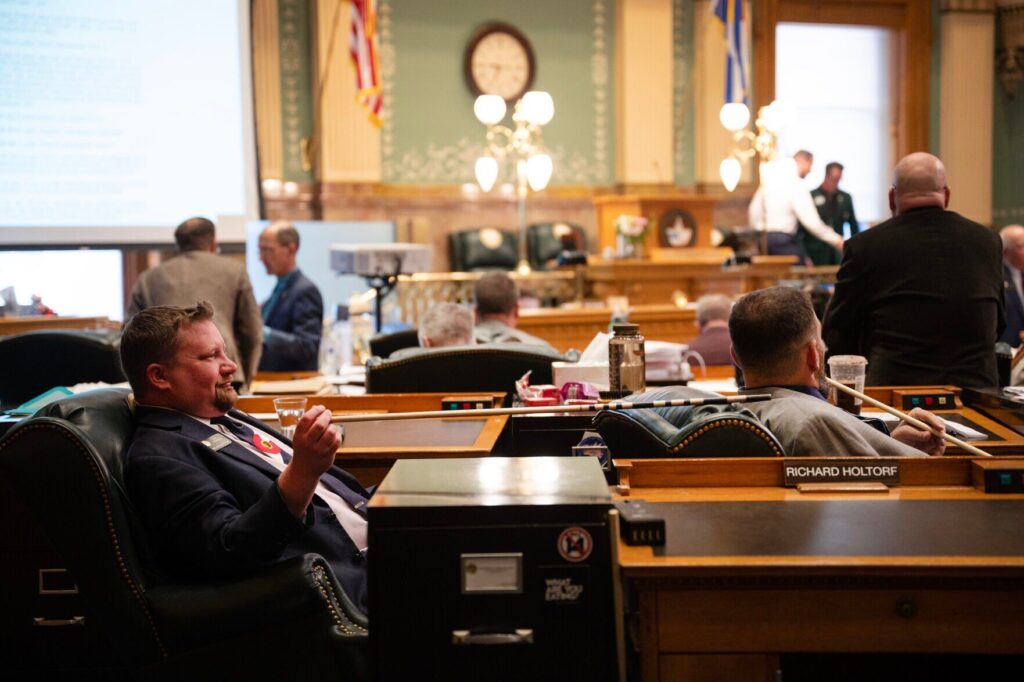Rug store flap weaves an ethics tapestry between Glendale and state watchdogs
An ethics complaint lodged against a former Glendale city councilman has turned into a can of worms for the Colorado Independent Ethics Commission over whether home-rule cities that have their own ethics codes have the final say over ethics complaints.
The ethics issue dates back to 2016, when MAK Investment Group of Glendale filed an ethics complaint with the city against then-city councilman Jeff Allen. The complaint alleged Allen, who also serves as CEO of the Glendale Chamber of Commerce, improperly voted on the city’s budget, which includes funding for the chamber.
MAK and the city have been embroiled in a battle over expansion of the company’s rug business in Glendale and the city’s plans to redevelop the site as part of its signature development project, Glendale 180. The city decided earlier this month to move forward with the project without the land occupied by MAK’s Authentic Persian and Oriental Rugs.
The same day the ethics complaint was filed in Glendale, attorney Russell Kemp, who represents MAK and its owner, Nasrin Kholghy, also filed an ethics complaint against Allen with the state’s Independent Ethics Commission.
Therein lies the problem.
In 2006, Colorado voters approved Amendment 41, the state’s ethics law regarding elected officials. Under one provision of that law, now known as Article 29 in the state Constitution, any member of a governing body (such as a city council) who has a personal or private interest in a matter pending before that group shall not vote or attempt to influence any other member of that group to vote in a certain way on that matter.
Glendale has its own code of ethics with a similar provision.
The problem stems from just who should evaluate ethics complaints. The state’s ethics amendment set up an independent seven-member body to handle those complaints. Amendment 41 does allow for an exemption to the ethics law if a home-rule city sets up its own ethics code. But in Glendale, the City Council votes on ethics complaints, including those filed against council members.
Hoping to provide clarity on the issue for all home rule cities, the state ethics commission issued a position statement in December 2016 that said that an ethics code adopted by a home rule city or county had to address the same provisions of Amendment 41, including its prohibitions and limits on gifts to elected officials. The commission opined that any code that did not address all of the provisions of Amendment 41 would not meet the qualifications for exemption from commission oversight.
Glendale’s code is silent on the gift ban, leaving open the possibility that the commission could assert authority on any ethics complaints related to Glendale’s elected officials.
In December 2015, the Glendale City Council vote on the city’s annual budget for 2016. The budget included contributions to various groups, including $80,000 to the Glendale Chamber of Commerce and another $160,000 to the chamber as a vendor to the city. In the complaint to the ethics commission, Kemp alleged that the chamber’s main source of funds is the money paid by the city, and as CEO, Allen would rely on those city-paid funds for his salary.
The council took up the complaint in June 2016, two months after Allen, who was term-limited, came off the City Council. Five of the council’s seven members, including Mayor Mike Dunafon, who also voted on the ethics complaint, according to council minutes, had served with Allen.
An investigation by city attorney Jeff Springer pointed out that Allen and all other members of the council did not vote specifically to authorize those funds to the chamber. How the contribution dollars are spent is a decision made by the city manager; the funds paid to the chamber as a vendor was authorized by a 2004 resolution, well before Allen was either the chamber CEO or a member of City Council.
The unanimous council vote dismissed the complaint against Allen as “frivolous.”
The state ethics commission took an opposite view, deciding a month after issuing the position statement to accept the complaint against Allen. Since then, however, the commission has wrangled with whether it has the authority to judge the complaint, based on concerns over the home rule issue.
Luis Toro, director of Colorado Ethics Watch, told Colorado Politics that the Glendale ethics code is a poor “poster child” for figuring out just where the lines are drawn between the authority of home rule cities that draw up their own ethics codes and the state ethics commission’s authority. The biggest problem with Glendale’s code, he said, is that the city council reviews and votes on ethics complaints, rather than allowing an independent board to make those calls.
Toro said the risk is greatest for home rule cities like Denver and Colorado Springs that adopted their own ethics codes and formed independent boards to review complaints.
The problem of jurisdiction could affect employees and elected officials who believe they are following those local ethics codes, and someone files a complaint with the state commission and the commission could impose a sanction for not following state law, he said. Denver’s ethics code dates back to at least 1965; the code in Colorado Springs was adopted in December, 2006, shortly before Amendment 41 went into effect.
Allen and others have claimed that the ethics complaints are an attempt by MAK and its owners to intimidate members of Glendale’s city council over the Glendale 180 issue. The Glendale Cherry Creek Chronicle reported last October that a complaint was filed with the state’s Supreme Court Office of Attorney Regulation Counsel against Kemp for attempting to “obtain an advantage in a civil matter” through the ethics complaints. It’s unknown who filed the complaint; Dunafon said it wasn’t him and he doesn’t know who filed it.
The Office of Attorney Regulation Counsel told Colorado Politics that no public action, including disciplinary action, had been lodged against Kemp, who did not return a call for comment.
Ethics Watch also filed an ethics complaint on Feb. 1, 2016, with the city of Glendale against Dunafon, alleging he approved “a site development plan and special use permit for a marijuana retail store owned by his wife – after having first recused himself due to the conflict of interest. The complaint also alleges that Dunafon voted to approve a liquor license renewal for a bar owned by his wife in April 2015.”
The City Council, in an unanimous vote, dismissed that complaint as frivolous in May 2016. An investigation by an independent attorney not employed by the city noted that the mayor was no longer married at the time of the vote on the liquor license and had no financial interest in the business. As to the other vote – on the marijuana store – the mayor only votes in case of a tie and it was unclear whether he had voted on the matter, the investigation found.
The attorney recommended the council re-vote on the matter, which they did, and the mayor did not vote. Dunafon also told Colorado Politics that the vote was a formality because the city does not turn down site plans that do not seek variances from city zoning laws, as was the case with the marijuana store. The site plan would have been approved whether the city council voted or not, Dunafon indicated.
The state ethics commission held a hearing on the Allen complaint in July and discussed the issue again this week, but the commission did not set a date for a decision on whether they will assert authority over the matter.
Toro thinks no matter which way the commission decides, the issue will wind up in court, perhaps as a pre-emptive action by Denver or Colorado Springs that would ask the courts to determine just who has jurisdiction over home rule cities that form their own ethics codes and boards.











